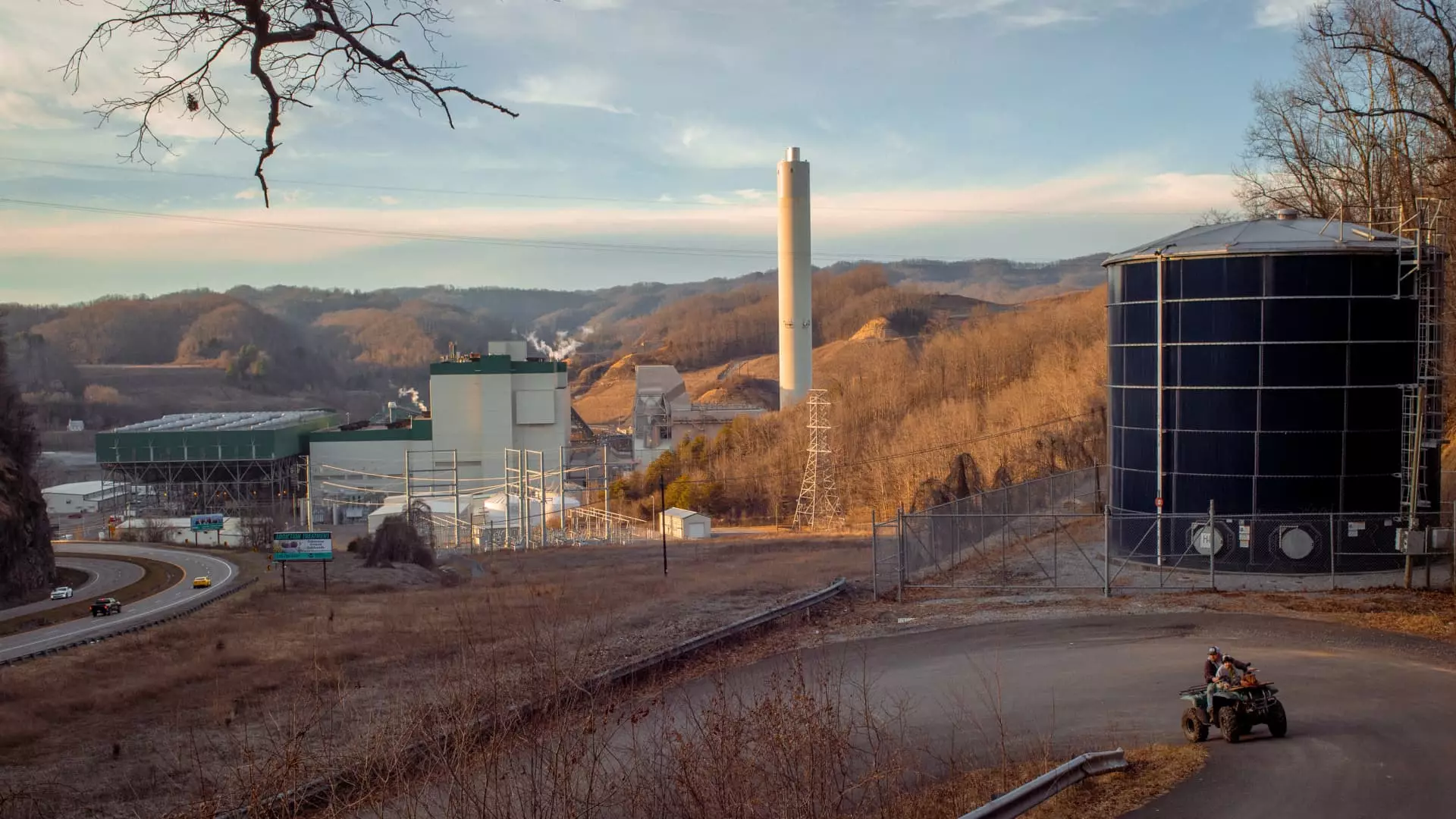In the evolving landscape of energy generation, Dominion Energy is making significant strides toward revolutionizing the nuclear industry by exploring small modular reactors (SMRs). The recent partnership with Amazon to investigate the potential development of these next-generation technologies highlights the shifting dynamics in how energy needs are met. As the urgency for carbon-free energy intensifies, collaboration among energy companies and tech giants could pave the way for sustainable, reliable electricity generation.
Small modular reactors represent a promising shift in the nuclear power paradigm. Designed to produce around 300 megawatts of energy, these reactors have a smaller physical footprint compared to traditional plants. This feature not only simplifies site selection but also facilitates a more streamlined manufacturing process. The prospect of deploying nuclear energy more rapidly and at lower upfront costs is enticing, especially in a world increasingly driven by urgent energy demands. However, despite these advantages, the path toward widespread acceptance and operation of SMRs is fraught with challenges, primarily in attaining commercial viability.
Dominion’s strategic discussion with tech companies is indicative of a broader trend where major corporations are seeking out sustainable energy sources. The utility’s CEO, Robert Blue, emphasized the importance of partnerships with large power consumers who are increasingly recognizing nuclear power’s potential as a reliable, low-carbon energy source. By positioning itself as a competent operator of nuclear technology, Dominion is attracting interest from prominent players like Amazon, who are eager to secure a consistent power supply for their expanding data centers.
Furthermore, the competitive landscape underscores a fundamental arms race among tech firms such as Microsoft and Alphabet. As companies like Microsoft explore agreements with traditional nuclear sites—like the Three Mile Island plant—there’s a clear recognition of nuclear energy’s reliability in meeting the surging power demands generated by AI and cloud computing technologies. This intersection of technology and energy reflects a broader commitment to sustainability, urging a collective reimagining of energy production.
Virginia stands out as a beacon for nuclear initiatives, boasting bipartisan support for the advancement of next-generation nuclear technologies. This favorable regulatory environment not only encourages investment but also fosters innovation within the nuclear sector. The willingness of major corporations to invest in nuclear solutions, particularly SMRs, hints at a maturing perspective toward the technology. As Dominion collaborates with industry leaders, the chances of surmounting the longstanding obstacles that have prevented the commercialization of SMRs may improve.
The discussions surrounding small modular reactors signal a pivotal moment in the energy sector. Dominion Energy’s proactive approach to collaborating with tech companies illustrates a commitment to harnessing nuclear power’s potential for a sustainable future. While challenges remain, the combination of favorable regulatory conditions, increasing governmental and corporate interest, and the pressing need for reliable, carbon-free energy could catalyze a new era for nuclear technology. In doing so, both Dominion and its partnerships may serve as catalysts for a transformative shift in energy production that aligns with 21st-century technological advances.

